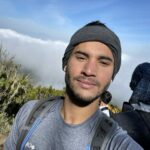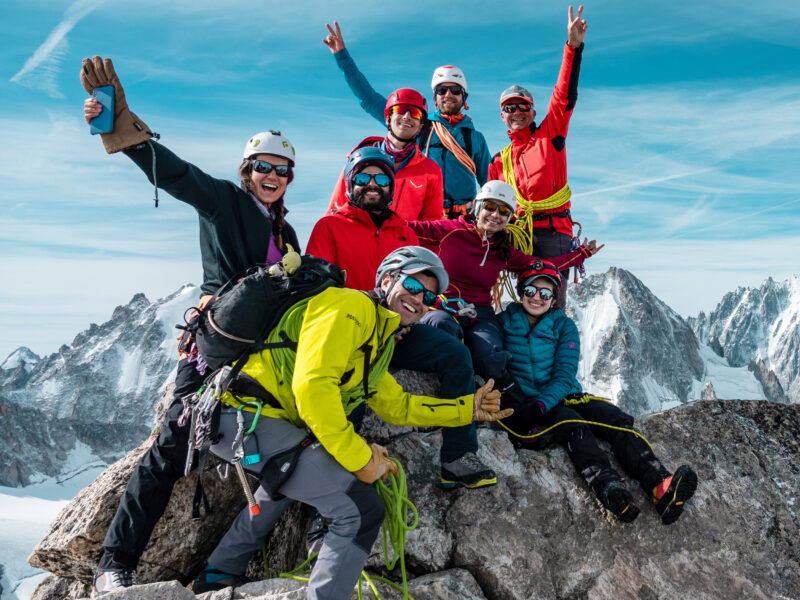BY Marwan Oueida | March 03 2023
Climbing Kilimanjaro With Cerebral Palsy
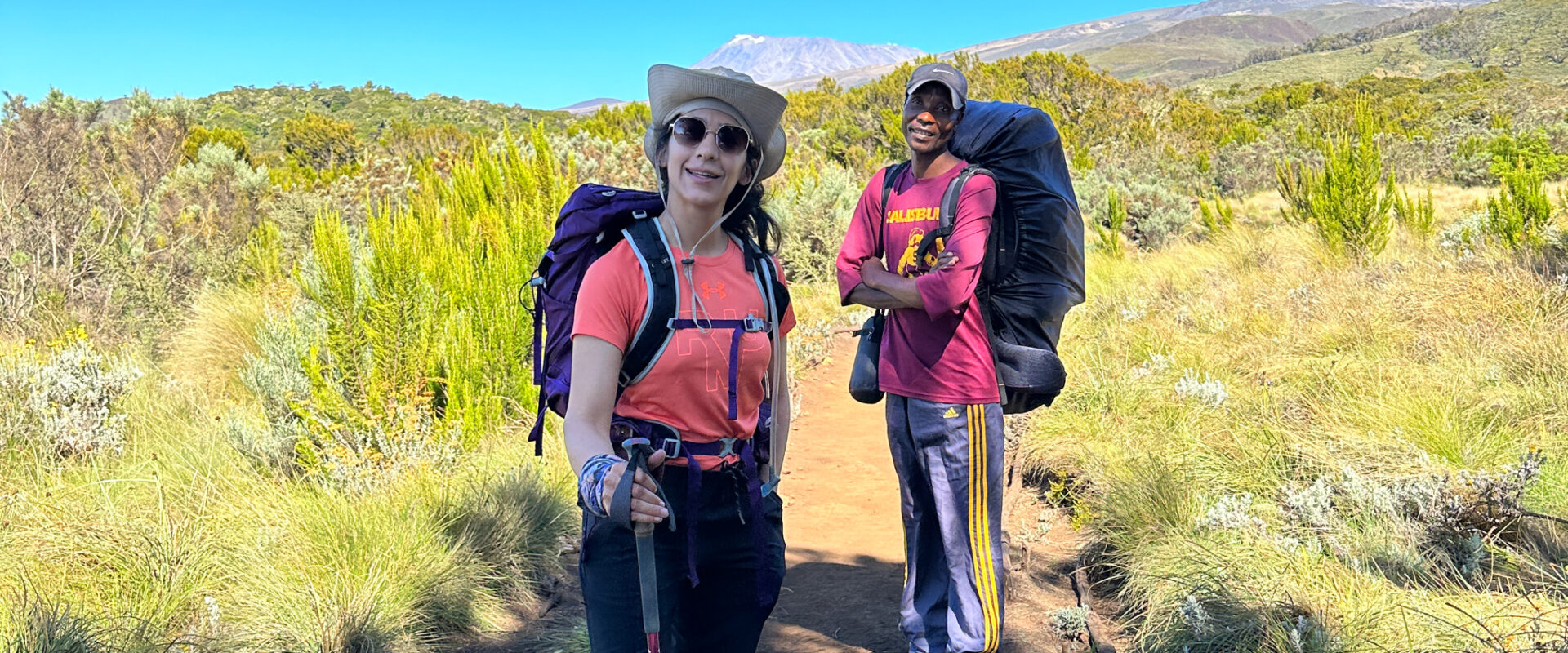
Reaching the summit of a mountain is undoubtedly an incredible accomplishment. After putting in days of hard work, the final push to achieve the goal is truly exhilarating. However, I want to share a different perspective, which I experienced through a remarkable and inspiring event called “Moving Mountains” organized by LHO and ABLE. This initiative involved taking two incredible warriors with disabilities, Raneem, who has Cerebral Palsy, and Frederic, who has Retinitis Pigmentosa, to the top of Kilimanjaro. While Frederic successfully made it to the summit, Raneem’s summit was Kibo Hut, which has an elevation of 4,700 meters above sea level.
Cerebral palsy is a group of neurological disorders that affect movement, balance, and posture. It is caused by damage to the developing brain that occurs before, during, or shortly after birth. The symptoms of cerebral palsy can vary widely and can range from mild to severe. Some common symptoms include difficulty with movement and coordination, muscle weakness or stiffness, spasticity, tremors, difficulty with speech and communication, and difficulty with vision and hearing. The severity of symptoms and their impact on daily life can vary depending on the type and extent of brain damage.
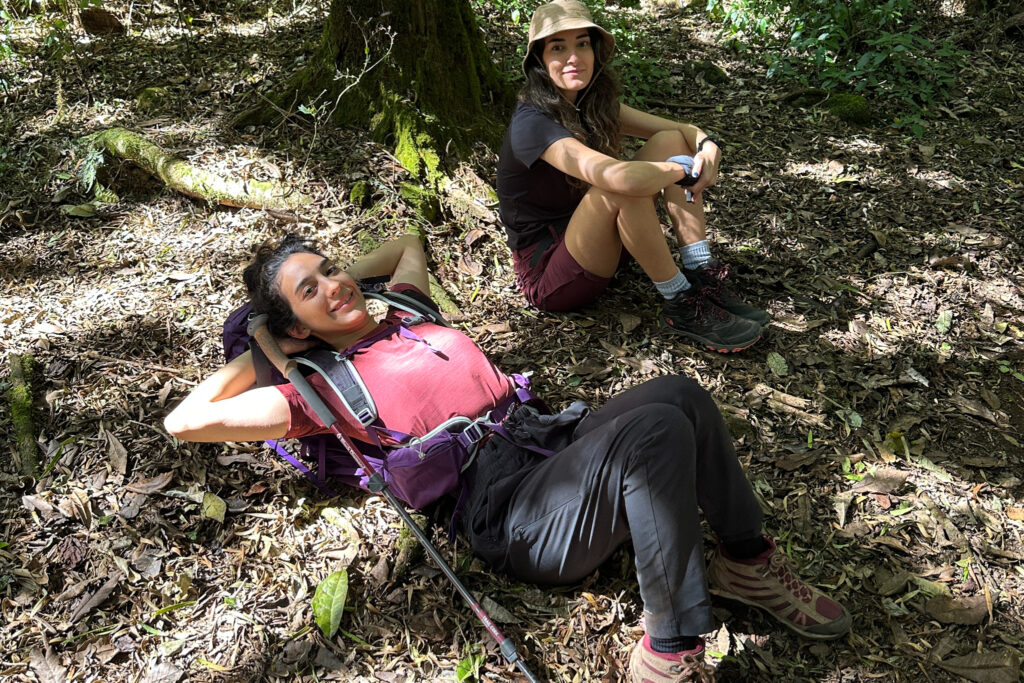
In Raeem’s case, her Cerebral Palsy occurred at birth and affected her left side motor control. She struggles to contain the movement of her left arm and leg which causes her to burn more calories at rest than someone without her condition. Her challenge on Kilimanjaro wasn’t only to trek over challenging terrain, but also to maintain her calorie intake to meet the requirements of proper acclimatization whilst burning more than the average person under the same circumstances.
Raneem’s journey and her eventual summit at 4,700 meters was no less impressive than reaching the Uhuru peak, the summit of Kilimanjaro at 5895 meters. Despite not making it to the summit, she was filled with joy and a sense of accomplishment, knowing that her achievement was significant in so many ways. She stepped out of her comfort zone, bonded with the team, made lifelong friends, realized that her disability does not hold her back, lived for 7 days on the mountain without a shower, achieved her dream of eating in a mess hall with strangers, and, most importantly, discovered that her perceived limits are just that. They are perceived. They are not absolute. For Raneem, the “top” was not the numerical value assigned to the summit but rather her own journey and personal growth.

Mountains offer us a chance to learn about ourselves, but it is the journey, not the final destination, that provides us with this knowledge. So, cherish every moment of your experience, absorb as much as possible, make new friends, and be content with whatever point you reach. It’s further than you’ve reached up until that moment and will be the new limit you push the next time you choose to go to your edge. Understand your limits and appreciate your capabilities. Remember, the journey is the ultimate achievement, not just the summit.
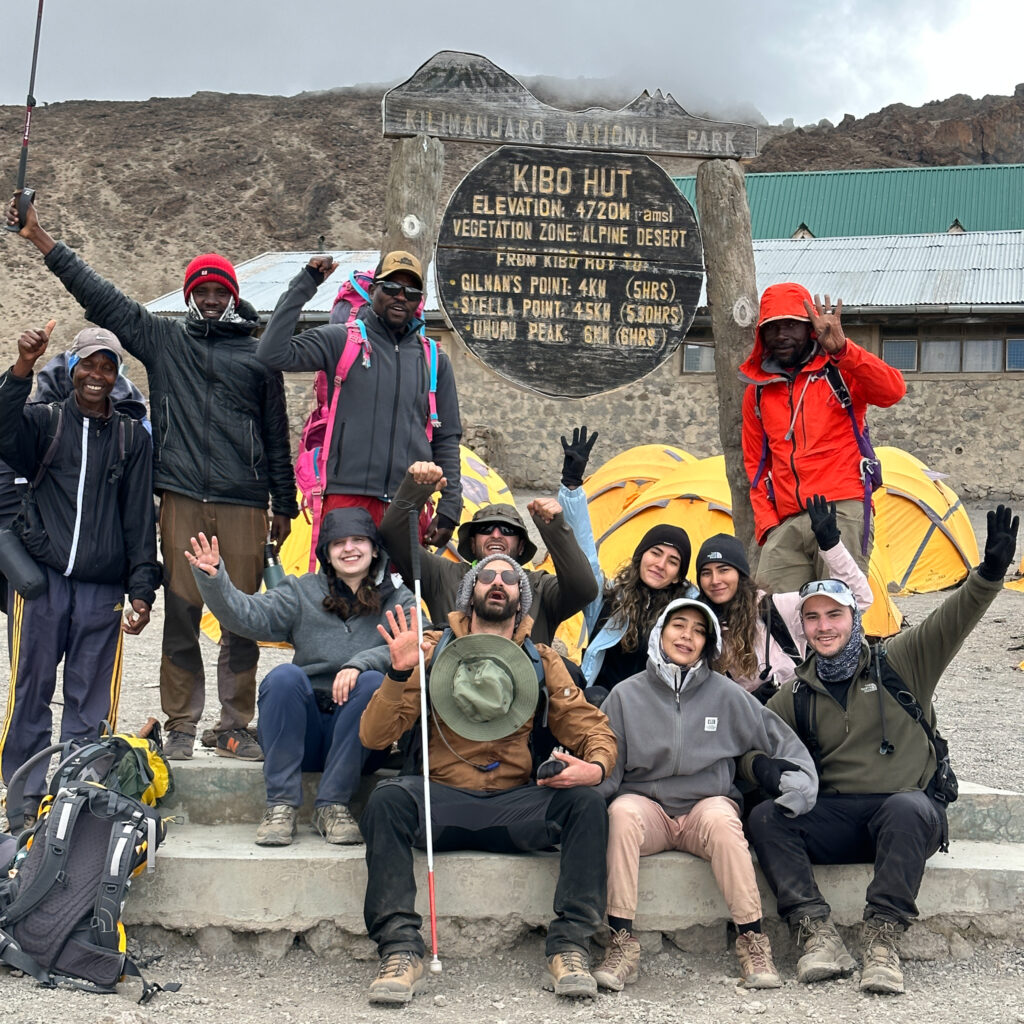
We couldn’t be prouder of our warriors Raneem Al Faraidy and Frederic Sfeir for their remarkable achievements. They truly moved mountains, achieved their summits and inspired the entire LHO Community.








